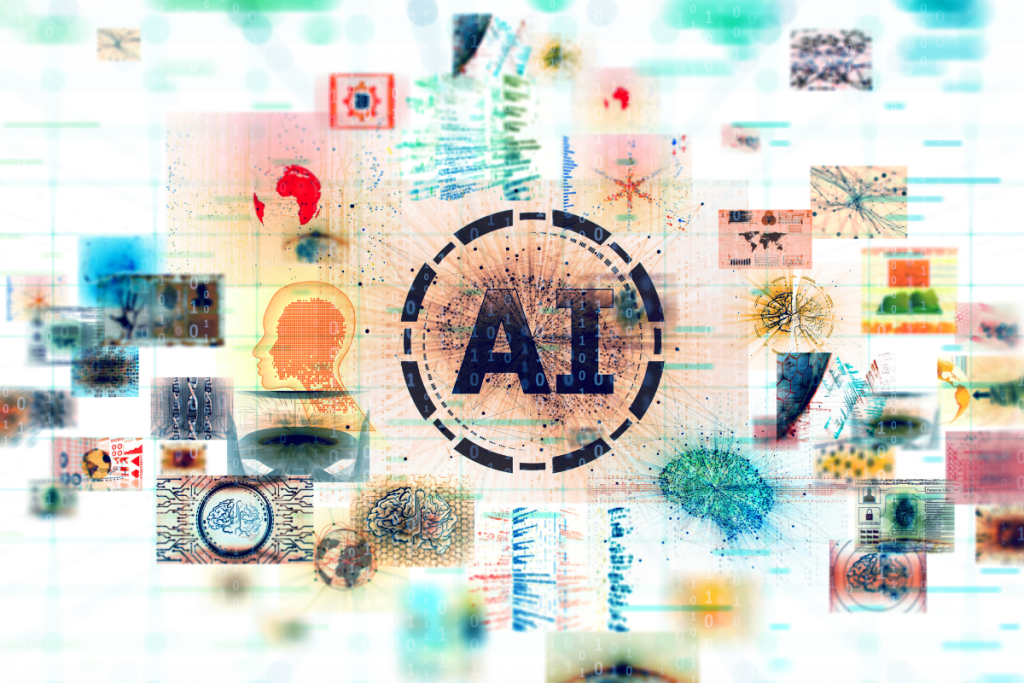The Evolving Relationship Between AI and Marketing

The intersection of AI and marketing is rapidly transforming how brands connect with their audiences. By leveraging artificial intelligence, companies can create more relevant, efficient, and meaningful customer experiences. This shift is not just about automation—it’s about deeper understanding and smarter engagement.
In today’s digital age, customers expect brands to anticipate their needs and respond with precision. AI delivers this by analyzing vast amounts of data in real time. It allows marketers to adjust campaigns quickly, personalize messaging, and predict future behavior. As a result, customer satisfaction increases, and loyalty becomes easier to build.
How AI and Marketing Personalize Customer Journeys
One of the most impactful outcomes of merging AI and marketing is enhanced personalization. Rather than sending generic messages, brands can now tailor their content to individual users. AI tracks user behavior across channels, learning from each interaction to serve better, more relevant content.
For example, AI tools can analyze browsing habits, past purchases, and engagement patterns to recommend products or services. This creates a customer journey that feels personal and seamless. Even email campaigns benefit—AI helps determine the right time to send, what subject line to use, and which content is likely to convert.
Additionally, personalization driven by AI improves customer trust. When users see that a brand understands their needs without overwhelming them, they’re more likely to engage repeatedly. While the technology is complex, the results are easy to measure: higher conversion rates and increased customer retention.
Real-Time Engagement With AI-Driven Insights
Another area where AI and marketing shine together is real-time engagement. AI-powered chatbots, for example, allow businesses to provide instant customer support at any time. These bots can handle common queries, guide users through processes, and even make product suggestions based on current behavior.
Furthermore, AI can monitor social media platforms for brand mentions, helping teams respond quickly to feedback or concerns. This proactive approach shows customers that their voices matter. When issues are addressed quickly and effectively, it builds positive brand sentiment and long-term trust.
AI also supports content creation and testing. Marketers can use AI to generate ad copy variations and test them in real time. As performance data comes in, AI refines its output, delivering better results without manual effort. This improves efficiency and ensures that marketing stays responsive to changing audience preferences.
The Future of AI and Marketing in Customer Experience
As both AI and marketing continue to evolve, the fusion of the two will deepen. In the future, AI may handle even more sophisticated tasks like emotional analysis, allowing brands to respond to not just what customers do but how they feel. This opens the door for more empathetic interactions.
However, it’s important to balance technology with a human touch. While AI can process data and scale efforts, human insight ensures that messaging remains authentic and aligned with brand values. Together, AI and human creativity can reshape customer experiences into something truly memorable.